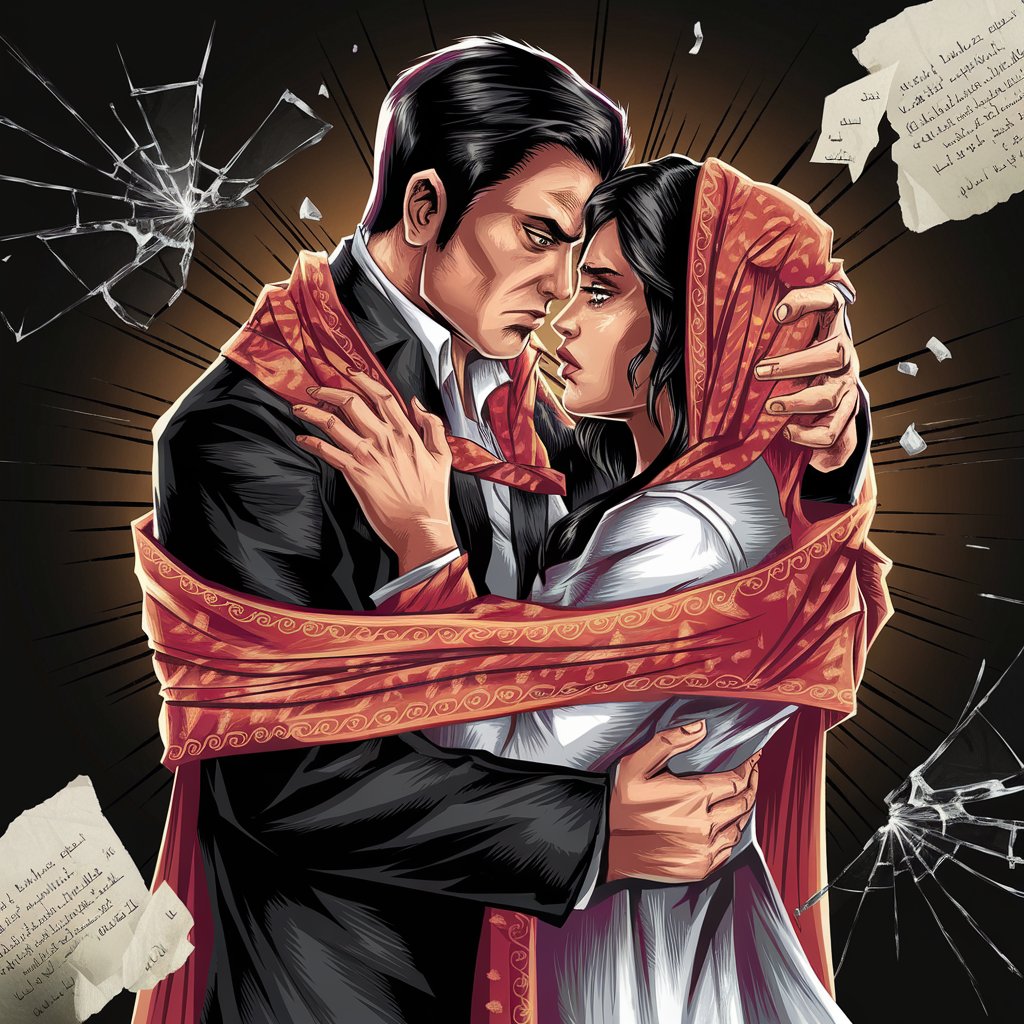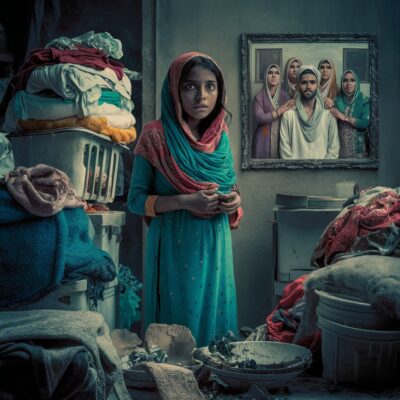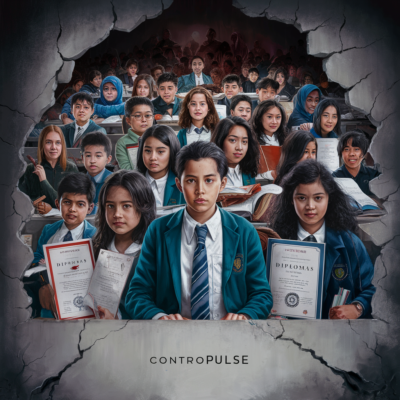Pakistani dramas turn violence into a sign of “true love”, showing abusive men as heroes while ignoring the real harm they cause. Characters who are kind and gentle are sidelined, and suffering is glorified as strength. This twisted portrayal influences our views on relationships and masculinity in harmful ways.

Introduction
When we hear about domestic violence or physical violence on the internet or social media, we quickly condemn it and often use hashtags like #StopDomesticViolence #StopPhysicalViolence but we rarely stop to think about how these cases start or why they are so common. If we look at ourselves, we might realize that we also contribute to a culture of violence. We often criticize patriarchy and male dominance, and we ask why there are so many stereotypes about men. But what about our expectations? Sometimes we expect men to fit into roles that push them toward toxic behaviors. By having such standards, we may unknowingly support the behaviors we say we are against. We often follow or admire influential people who spread misogyny without us even realizing it. As I mentioned In my previous blog (https://contropulse.com/the-impact-of-influential-figures-on-gender-norms-and-marital-practices-a-critical-examination/) how these public figures can make harmful ideas about women seem normal. This influence affects how people think, allowing negative attitudes toward women to grow.
When we are asked about our preferences for a future husband, we often unknowingly wish for traits associated with toxic masculinity. This is why many girls are drawn to villains in films, dramas, and novels because these characters would either fight the world for them or hurt them if they cannot have them. One of the most admired looks for men, especially among many girls, is the image of the man in a black suit with a black shawl, adjusting his mustache. In the background, he might have an expensive car, like a Scorpio, and is often portrayed as a gangster, holding a gun, mouthing or saying threatening words or posting attitude-filled statuses. This portrayal not only reflects how many women perceive masculinity but also undermines simple men, polite, don’t show off, and believe in mutual respect.
Interestingly, while many viewers are attracted to such dangerous personas, there is also a common desire for these characters to be exceptionally kind and respectful towards their partners. The fantasy is that a man who is tough and ruthless with the world will be a perfect gentleman for the woman he loves. However, it raises a question: if a man behaves poorly toward everyone else, how can we expect him to be ideal and loving only toward one person? It might be because the media has portrayed such characters. In dramas like Tere Bin, Mera Saeen, and Kaisi Yeh Yaariaan, the heroes are shown as tough and stylish, with a mix of danger and charm that draws viewers in. In Tere bin, the lead character is a classic “bad boy” in a sharp black suit, tough with everyone but soft with his love interest. In Mera Saeein, the hero is strong and dominant, showing a rough side but caring deeply for the woman he loves. Similarly, in Kaisi Yeh Yaariaan, the main character is confident and rebellious, with a dangerous edge but also affectionate and committed to his partner.
In many Pakistani dramas, abusive behaviors like slapping, controlling, or emotional manipulation are often portrayed as signs of deep passion or “true love”. For example, in Khaani (https://www.youtube.com/watch?v=oAoi_Yt-x2Y) and Mere Paas Tum Ho (https://www.youtube.com/watch?v=_O4Mw0ghjTo), male characters exhibit violent behavior towards their partners. Yet, these actions are sometimes normalized or excused because they occur in a romantic or emotional setting. These dramas often show the male lead’s anger or aggression as a part of his love for the female character, making it seem like the abuse is a result of strong feelings rather than something harmful. This portrayal can send the wrong message, suggesting that abusive behavior is acceptable in the name of love.
In many romantic stories, relationships where one partner dominates the other- whether through wealth, power, or social status, are often shown as glamorous rather than problematic. The dominant partner, usually the male character controls decisions and holds all the power, while the female character is depicted as passive or dependent. Instead of highlighting the imbalance and the unhealthy nature of such relationships, these dramas make them seem desirable by romanticizing the idea of being “taken care of” by someone powerful.
This issue does not stop with just the portrayal of abusive behaviors. Pakistani dramas often introduce side characters who are humble, sensitive, and genuinely caring, but these men are rarely shown as the “hero”. Instead, they are presented as weak or unworthy of the heroine’s love. A common pattern is that these kind-hearted men propose to the heroine, but she usually rejects them, sometimes even mocking their gentleness or quiet nature. In contrast, the heroine ends up drawn to the toxic, dominant male character, despite his controlling or abusive behavior. Even after facing emotional manipulation or mistreatment, the plot often leads her to marry him or deeply regret not marrying him in the first place. This kind of portrayal makes it seem like being tough and controlling is more “manly” and that love should involve struggle or suffering. It devalues qualities like kindness and respect in relationships and makes unhealthy power dynamics look normal or ideal.
Female characters in Pakistani dramas are often shown as victims of violence, like physical abuse or forced marriages. Their ability to endure or survive this suffering is usually portrayed as admirable or heroic. Instead of focusing on the injustice or the harm done to them, the storylines generally frame their pains as a “test” of their strength or goodness. The more they suffer, the more they are considered noble or morally superior. This glorification of their suffering sends a harmful message that enduring abuse or violence somehow makes them better or stronger.
There are many troubling lines in popular shows that people often celebrate. For instance, in “Mere Paas Tum Ho“, a man says, “Do Takkay ki larki” (“a girl worth two pennies”), and many men have glamorized this line. This creates a double standard: when men engage in affairs, it is often overlooked, but if a woman does the same, it is viewed more harshly. Mistakes should not be judged based on gender. This dialogue has made women more vulnerable, as it reinforces toxic masculinity and possessiveness. Men who relate to this character may start doubting their wives, leading to increased domestic violence, verbal abuse, and restrictions on women’s freedom. This perpetuates a cycle of oppression, where women are blamed and punished for their mistakes while men are not held to the same standards. Ultimately, such portrayals contribute to harmful attitudes toward gender equality and create a culture of fear and control for women.
Another troubling trend in these dramas is the use of rape or violent incidents as a way to push the story forward or to develop the female character’s journey, without giving enough attention to the trauma itself. For example, in dramas like Ruswai (https://www.youtube.com/watch?v=tdVyA2bpXDo) and Besharam (https://www.youtube.com/watch?v=a1BBEY4Zg0w), rape is used as a turning point in the plot, but the emotional and psychological trauma of such an experience is rarely explored in depth. Instead, the focus shifts to how the character grows or changes afterward, often framing her journey as one of transformation. This not only downplays the serious impact of such violence but also risks normalizing the idea that suffering through violence is just another step in a woman’s personal growth.
Conclusion
Pakistani dreams glorify violence and toxic masculinity, presenting abusive behavior as a sign of true love while sidelining kind, respectful characters. This can distort perceptions of relationships, making unhealthy dynamics seem acceptable. To make informed decisions about choosing a partner, girls should critically analyze the media they consume. For instance, Ranjha Ranjha Kardi portrays a strong female lead, Noori, who values mutual respect and makes thoughtful choices in her relationships. Girls should seek out diverse media that reflects healthy and respectful relationships, support and engage with positive role models, and discuss these portrayals with friends and family.
An important point to remember is what Nemrah Ahmed says: “You attract what you are”. This means that if you see yourself as weak or submissive, you might be drawn to dominant and toxic partners. To attract a better person, you need to focus on improving yourself first. By becoming more confident and respectful, you set a standard for the mind of the relationship you deserve. By focusing on mutual respect and self-improvement, you can make more informed choices and help promote a more positive view of love and masculinity.





11 Comments